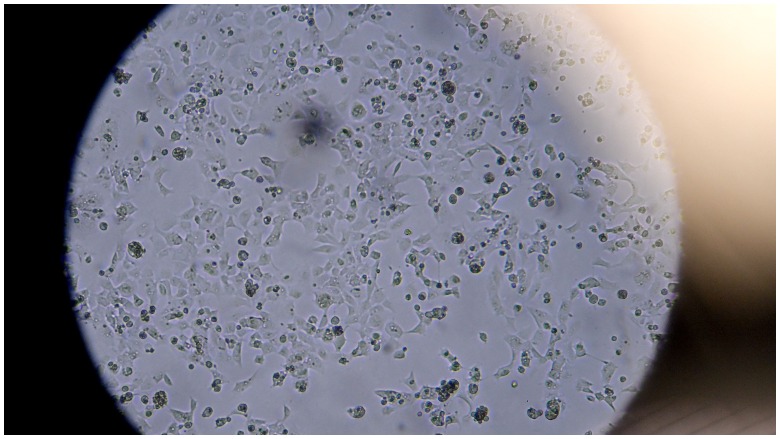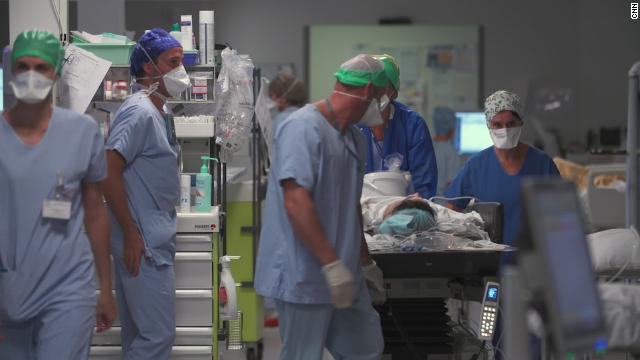
An additional 88 people tested positive for the coronavirus in Philadelphia, Pennsylvania as of midnight September 17, and an additional three people have died, according to the Philadelphia Department of Public Health.
The state Department of Health reported 83 new cases in the county. Previous discrepancies between state data and local data have been attributed to delays in local departments reporting to the state department.
Philadelphia’s case counts has now reached 35,528 cases. The total number of Philadelphia residents who have succumbed to the virus in Philadelphia has reached 1,774, according to the county Department of Public Health. Of the 1,774 total deaths, 879 were long-term care facility residents, or about 50%.
Here’s what you need to know:
Sixty-five Percent of COVID-19 Patients Were Interviewed for Contact Tracing Between September 6 & September 12
The Philadelphia Department of Public Health also released the latest information on its contact tracing efforts. Between September 6 and September 12, 65% of coronavirus patients were interviewed to establish who contacted them while they were potentially contagious. Of the patients who were not interviewed, 6% had no known telephone number, 19% did not respond to calls, 7% were not called because the health department received the report more than 10 days from the test date, and 3% refused. Of the contacts who were identified, 73% were reached and agreed to quarantine.
Department of Health Secretary Dr. Rachel Levine emphasized the importance of social distancing and wearing masks in a statement provided to Heavy, saying young adults ages 19 to 24 have experienced a surge in COVID-19 cases. Levine said the coronavirus can spread more easily in large groups, and that large gatherings, college and university campuses can be places of increased contagion.
“We know that congregation, especially in college and university settings, yields increased case counts. The mitigation efforts in place now are essential to flattening the curve and saving lives,” she said. “Wearing a mask, practicing social distancing, and following the requirements set forth in the orders for bars and restaurants, gatherings, and telework will help keep our case counts low. Together, as Pennsylvanians, all of our efforts are designed to support our communities to ensure that cases of COVID-19 remain low.”
In the southeast region of Pennsylvania, which includes Philadelphia, the number of cases of the coronavirus increased from nearly 5% of cases in April to nearly 32% of cases so far in September, Levine said.
An Order Will Allow Restaurants to Increase Indoor Dining Facility Capacity to 50% But Must Close Alcohol Sales at 11 p.m.
Pennsylvania Governor Tom Wolf signed an order September 17 that will allow restaurants to increase their indoor dining capacity beginning September 21 if they follow an online self-certification process. The current limit for indoor dining is 25 percent. Restaurants were allowed to open their indoor dining facilities to 50% as regions were reopened during the green phase of state mitigation efforts. This followed a closure of indoor dining facilities that began in March. As the state saw a surge in cases, indoor dining capacity was abruptly limited to 25%. As a part of the new order, alcohol sales must also end at 11 p.m. beginning September 21, a change from his earlier announcement of the order. Wolf first said alcohol sales must be shut down at 10 p.m.
“As we continue to take critical steps to continue to mitigate the spread of COVID-19, we also recognize that this pandemic has taken a significant toll on the food services industry, so we must balance public health and economic recovery,” Wolf said in a statement provided to Heavy. “These orders give restaurants the ability to increase indoor occupancy safely while giving customers confidence when deciding to patronize a restaurant.”
To increase their indoor dining capacity, restaurant owners must complete an online self-certification process by October 5 as a part of the Open & Certified Pennsylvania program. Restaurant owners who complete the self-certification process will appear in a searchable online database and receive display documents to notify customers of their certification status.
READ NEXT: Howard Baskin, Tiger King Carole Baskin’s Husband: 5 Fast Facts


